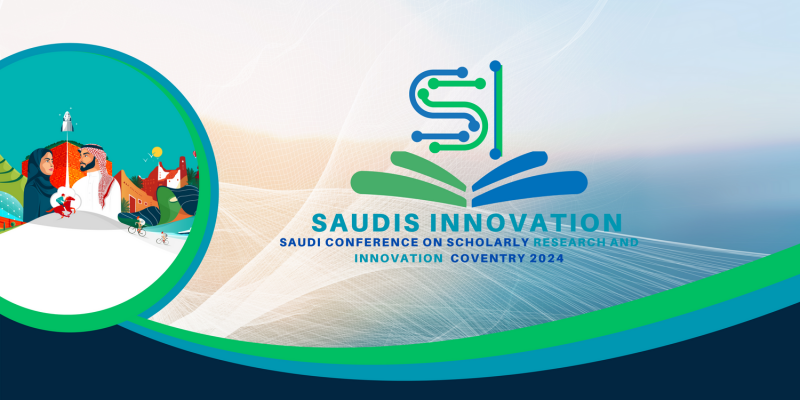
Prof. Amal Jamil Fatani
Saudi Cultural Attaché in the UK
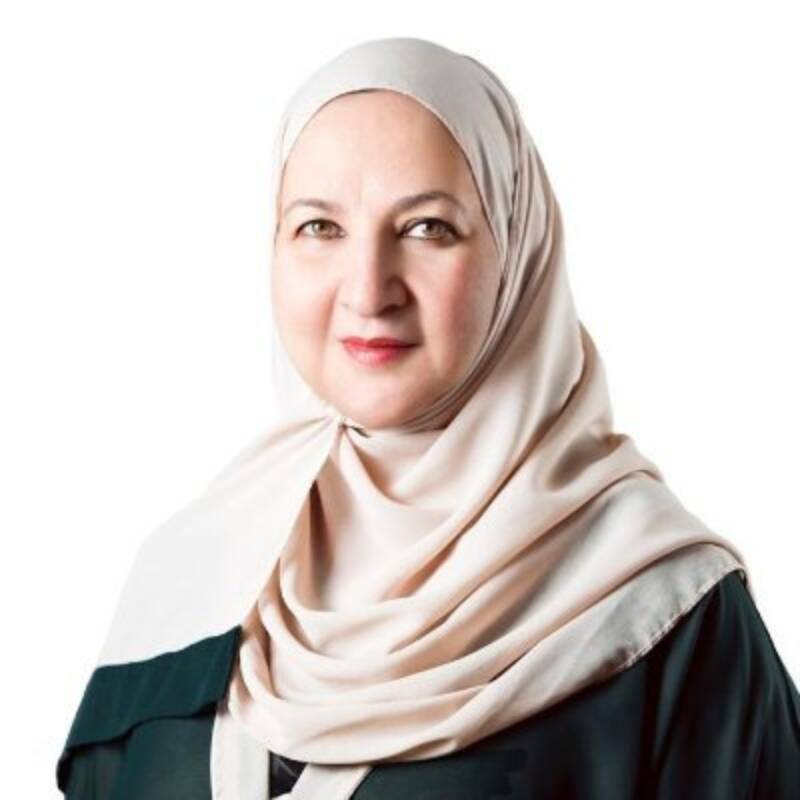
DR. TIM HART
Director of Warwick Innovations, University of Warwick
Title: How to build a world leading innovation ecosystem
Abstract: The Saudi 2030 Vision presents a once in a lifetime opportunity to support the development of a world-leading innovation economy for the Kingdom of Saudi Arabia. Many countries have been on this journey before, but each has a unique set of opportunities and challenges. This presentation will attempt to highlight learnings and observations to date on the key success factors in delivering a sustainable innovation economy fit for the world stage.
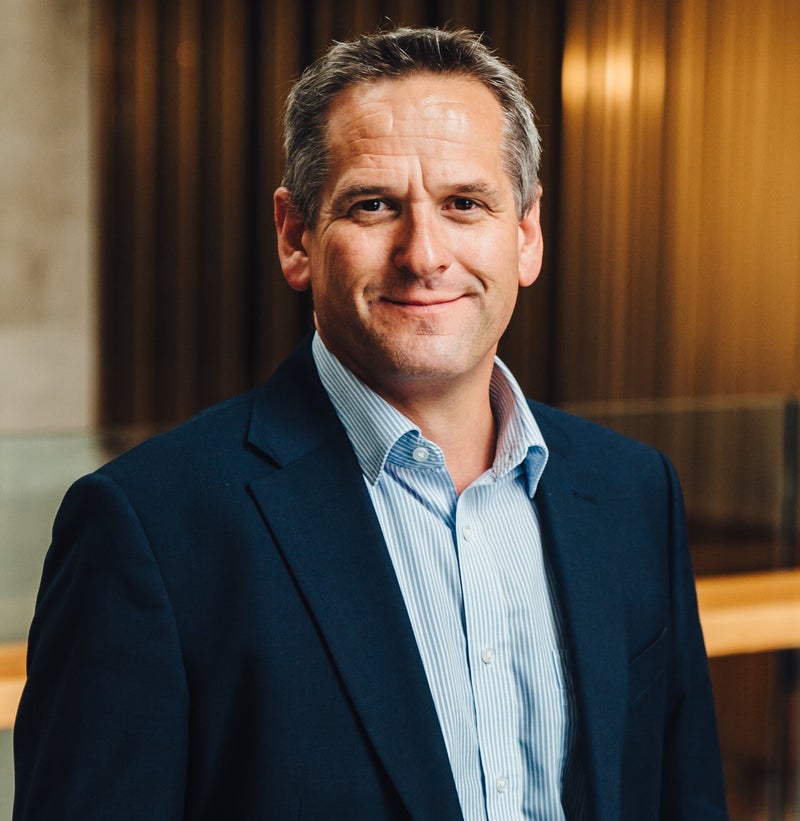
Dr Shum Prakash
Warwick Innovations, University of Warwick
Title: Making a career change from scientific research to innovation management
Abstract: In a world with constant change, often dynamic, with far reaching global impact–technologically, economically, socially, and environmentally – there are many opportunities to develop solutions to meet the challenges ahead. This talk introduces a pathway to better recognise a commercial opportunity - be it research driven, an innovation or your own idea - whether you are developing research which solves a problem, be part of a university spin-out company or plan your future career in industry or academia.
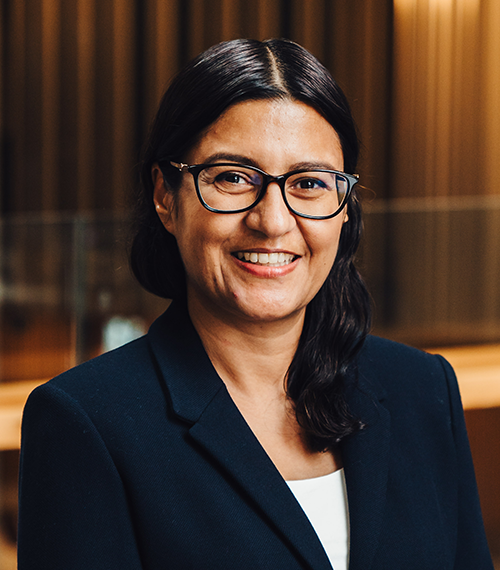
Prof Victor Sanchez
Department of Computer Science, University of Warwick
Title: In this talk, I will introduce the problem of multi-camera trajectory forecasting (MCTF), a new computer vision task that involves predicting the trajectory of a moving object across a network of cameras. Although multi-camera networks are widespread for several applications, like surveillance and traffic monitoring, existing trajectory forecasting methods typically focus on single-camera trajectory forecasting (SCTF). Using a single camera, unfortunately, limits the field-of-view available, making long-term trajectory forecasting impossible. I will explain how our proposed MCTF framework addresses the shortcomings of SCTF by simultaneously using the locations acquired over several camera views to predict an object’s future location in all possible camera views. Our framework follows a Which-When-Where deep learning approach that predicts in which camera view(s) the object will appear and when and where within the camera view(s) they will appear. To showcase the potential of the new MCTF task, I will present extensive experiments on a new database comprising 600 hours of video data from 15 camera views depicting pedestrians.

Dr Eleni Routoula
Department of Chemical and Biological Engineering, University of Sheffield
Title: Innovation is at the core of Engineering, where conceptualisation meets application and the needs of future users. Engineering innovation
does not always have to be technical, and it does not need (in fact it should not be) held in silos. This presentation will be an overview of the
future of STEM (focusing on Engineering), showcasing my interpretation of where then future is going and how engineers and researchers can help pave a sustainable way
forward. I will start by providing an introduction to my journey so far through technical and non-technical experiences, and what brought me in the position I am today, touching on some of the skills I believe someone should have to be future-proof. I will then talk about some key elements that I believe are and will be very important to Engineering (and STEM) in the next few years, before moving to the research side of things. Then I will discuss how research(ers) can help us move faster and forward into the future, and what Academia can do to support researchers more. The presentation will close with some reflections on careers, innovation, engineering education, and research.
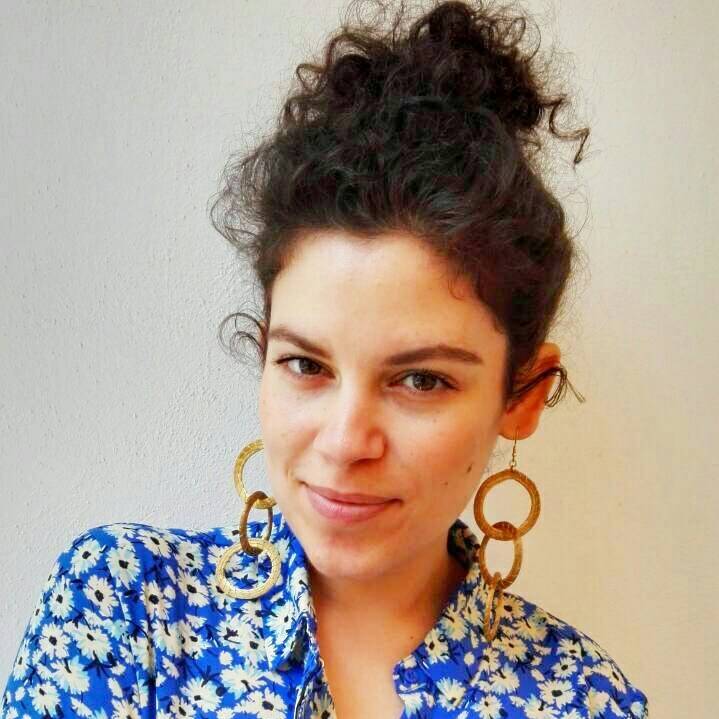


Create Your Own Website With Webador